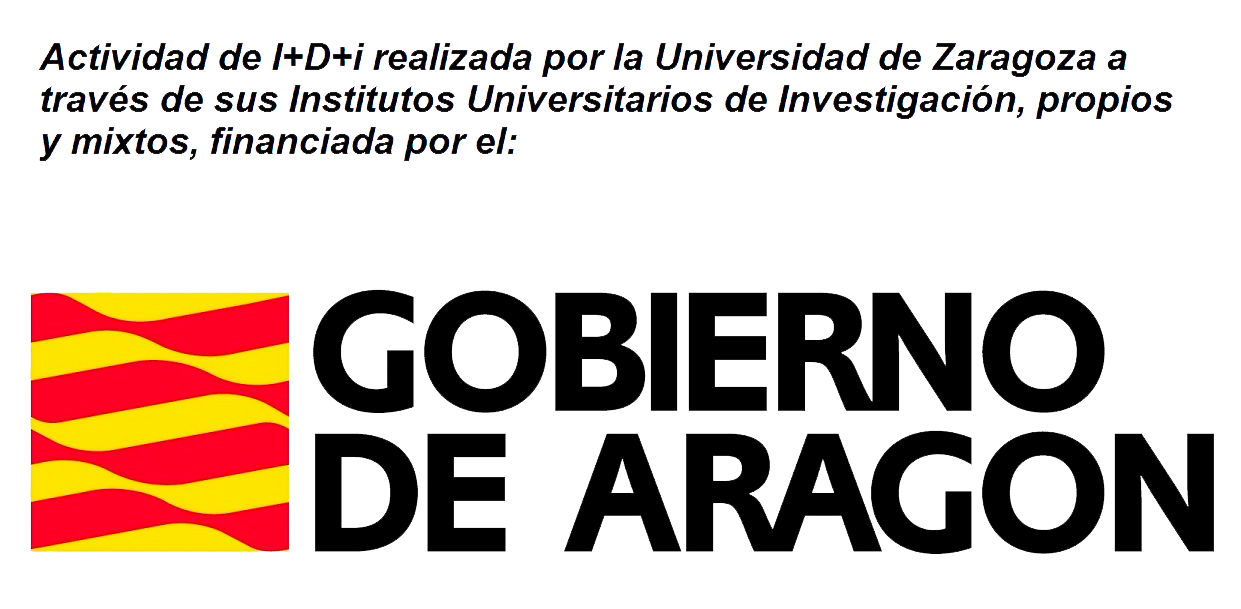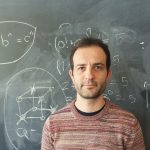Joaquín Sanz Remón
Centre: Institute BIFI
Institution: University of Zaragoza
Position: Researcher from the “Ramón y Cajal” program
E-mail: jsanz@bifi.es
Profile Ver:
Personal statement
After studying Physics, I obtained my PhD in 2014 in the area of Physics at the BIFI Institute. My thesis focused on the development of mathematical models for the description of the infection cycle of the human pathogen Mycobacterium tuberculosis. Later, seeking an interdisciplinary approach, I moved to Canada to join the team of geneticist Luis Barreiro at the Sainte-Justine pediatric hospital, affiliated with the University of Montreal, as a postdoc. There, I specialized in immune system genomics, integrating my knowledge in mathematical modeling and complex systems with computational biology and omic sciences. In 2018, I moved to the University of Chicago as an external researcher. In 2019, I returned to the BIFI Institute as a Ramón y Cajal researcher (2019-2024), and later became a permanent faculty member. I currently lead the research line in computational genomics and Systems Biomedicine in the area of Biochemistry and Cell Biology at the Institute.
Researcher profile identity
I am currently an R3 researcher, leading a laboratory dedicated to the development of computational methods for the analysis and interpretation of large volumes of biomedical data, from epidemiological records to massive sequencing experiments. Our research is structured in three areas.
The first line is the study of tuberculosis, a disease responsible for more than one million deaths annually. Here, we model the interaction between the pathogen Mycobacterium tuberculosis and the human host, and develop mathematical models to evaluate interventions, such as new vaccines.
In the second line, we develop computational tools for the analysis of single-cell sequencing data, extracting detailed information about the biology of complex tissues.
We also investigate the genomic bases of the immune system, exploring how genetic and environmental factors influence the immune response in health and disease contexts. Here, our work is developed in collaboration with several clinical and experimental groups specialised in different pathologies.
Why my research is important
My research is developed at the intersection of biomedicine and computational sciences, contributing to the development of tools that allow us to address complex questions about the interaction between pathogens, the immune system and the environment. In the field of tuberculosis research, our systemic approach contributes to a better understanding of the biology of the bacillus and its adaptive capacity, as well as to evaluate new control strategies, such as the design of more effective vaccines. In addition, our activity in the development of bioinformatics tools for the analysis of omics data at single-cell resolution seeks to improve the interpretation of immune function at the cellular and histological level. Ultimately, our goal is to understand how genetic and environmental factors influence the immune response in order to identify mechanisms that can be modulated to prevent or treat diseases from more personalized approaches, optimising treatments and prevention strategies.
Know more about me and my research
– https://bifi.es/biochemistry-mcb/
– https://fteorica.unizar.es/personal/joaquin-sanz-remon
– https://sanzlab.wordpress.com/
– Twitter/X: @sanz_jq











